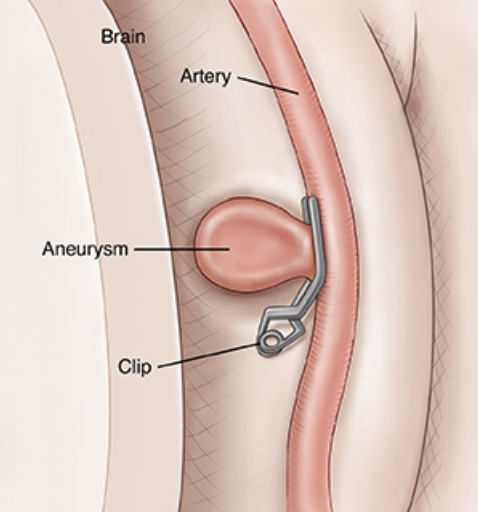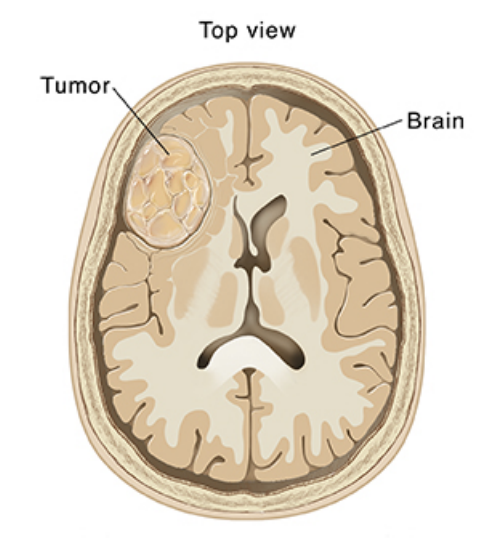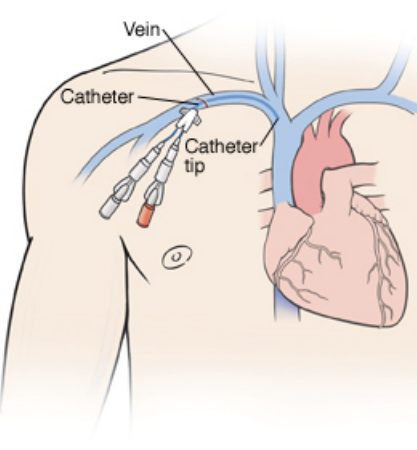Below you will find various resources that can help you understand your current diagnosis and care, as well as how to continue your care as you transition from the hospital to home.
Anatomy of the Brain (click here)
Anatomy of the Spine (click here)
Stroke
What is Hemorrhagic Stroke? (click here)
What is a Thalamic Stroke? (click here)
Blood Pressure and Stroke Link (click here)
Mood Swings and Depression after Stroke (click here)
Preparing Your Home After Stroke (click here)
Brain Aneurysm
What is a Subarachnoid Hemorrhage? (click here)
Surgery for a Brain Aneurysm (click here)
Brain Tumors
What are Brain Tumors? (click here)
Who will you meet and common terms? (click here)
Surgery for Brain Tumors (click here)
Biopsy for Brain Tumors (click here)
Seizures and Epilepsy
Diagnosing Epilepsy (click here)
Treating Epilepsy - Medications (click here)
Safety During a Seizure (click here)
Spine Injury
What is a Spinal Cord Injury? (click here)
Spinal Fusion (click here)
Laminectomy (click here)
Subdural Hematoma
What is a Subdural Hematoma? (click here)
Common Procedures Performed in the Neurosciences ICU
Arterial Line (click here)
Bronchoscopy (click here)
Electroencephalogram (EEG) (click here)
Lumbar Puncture (LP or Spinal Tap) (click here)
Ventriculoperitoneal Shunt (VP Shunt) (click here)



